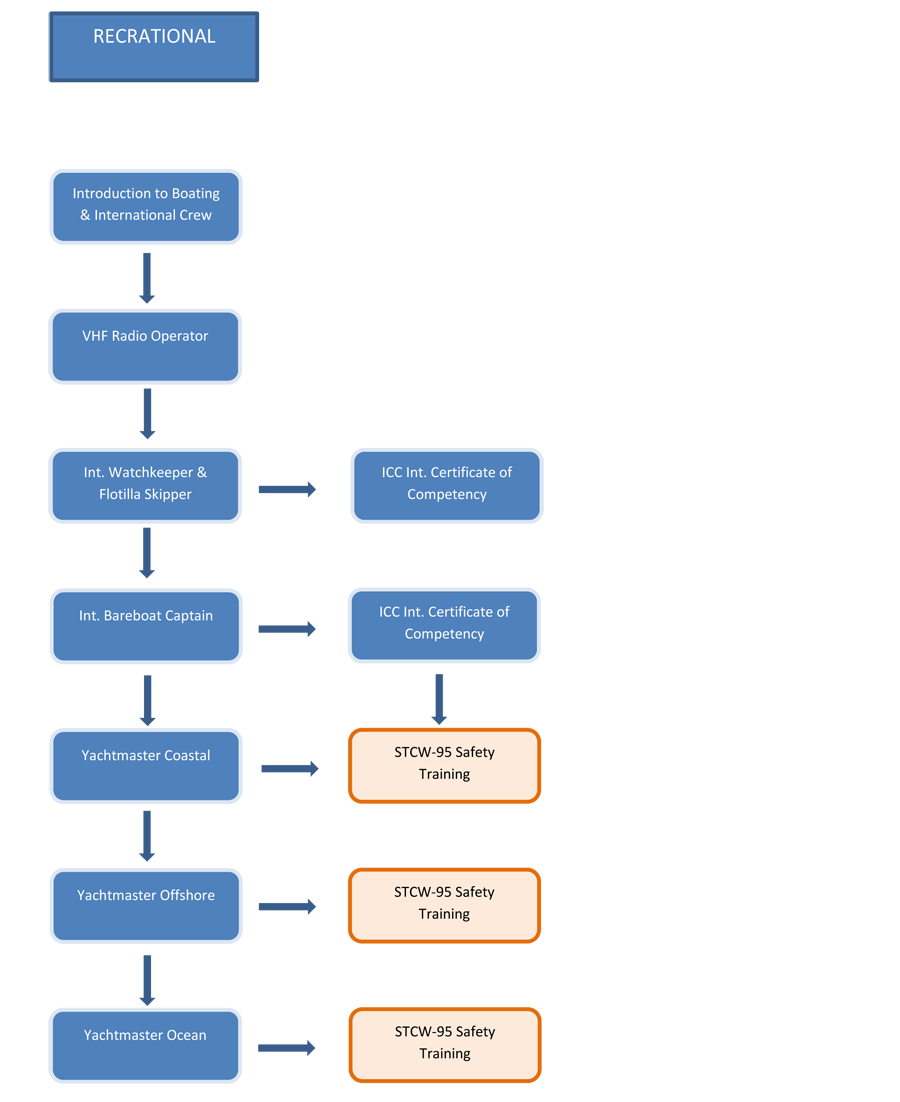International Yacht Training Worldwide operates more boating and sailing courses with more Government approvals through more sailing schools, in more countries and in more languages than any other boating or sailing organisation in the world.
The company was started in 2002 for the purposes of:
1) Standardising yacht training across the globe.
2) Offering the training in a modular format.
3) Courses could be taken in any of our partner schools anywhere in the world. To date, we have 118 partner schools in 36 countries and our courses are available in 6 different languages.
4) The company offers an entire range of recreational courses from entry level sailing and powerboat courses up to International Bareboat Skipper and Yachtmaster Offshore.
5) Professional yachting courses such as, Master of Yachts Coastal, Limited and Unlimited, Superyacht Deck Crew and Professional Superyacht Hospitality.
No other organisation offers such a diverse range of nautical training or is as internationally accepted as IYT Worldwide. Our professional yachting courses are recognised by 25 different Governments worldwide for commercial use including the British Maritime and Coastguard Agency (MCA), and our commitment to standards of excellence, hands on practical training and quality instruction have made IYT Worldwide the world's number one choice for nautical training.
 |
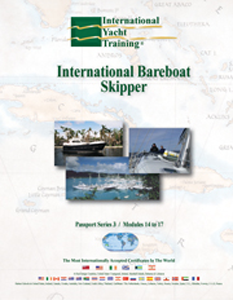 |
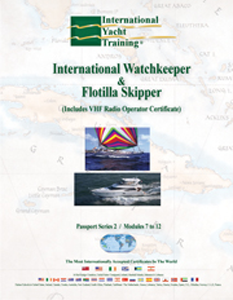 |
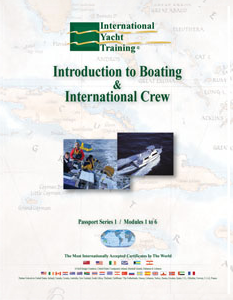 |
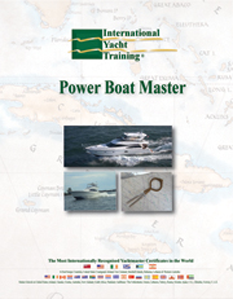 |
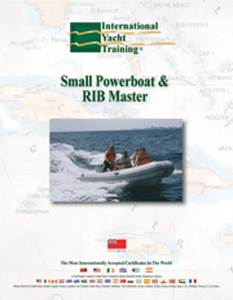 |
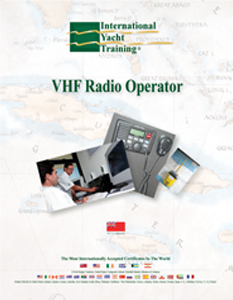 |
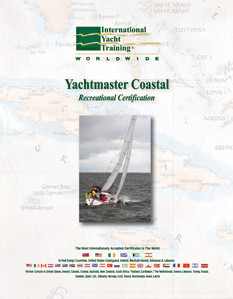 |
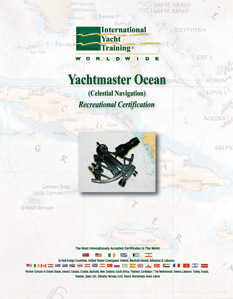 |
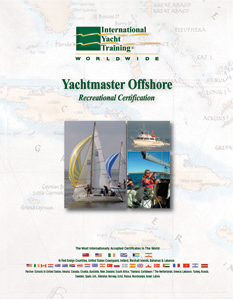 |







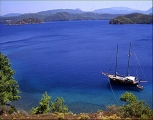
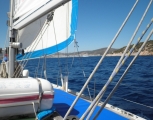
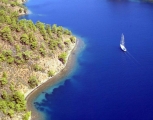
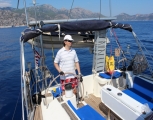
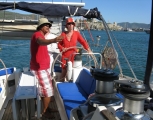
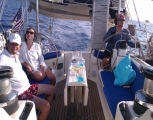
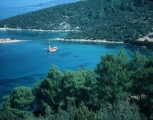
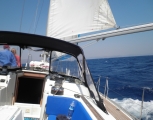
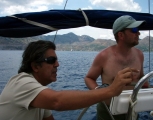
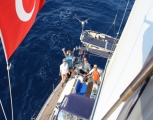
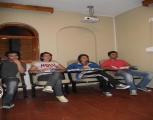
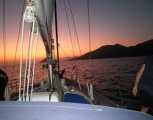
|
TYF Sailing Licences |
||
YY1 |
1 week of sailing training in a sailboat while cruising in Eagean sea. (theory and practice) Includes course materials. |
550 € /person |
YY2 |
1 week of sailing training in a sailboat while cruising in Eagean sea. (theory and practice) Includes course materials. |
550 € /person |
IYT Courses |
||
IYT International Crew |
1 week of sailing training in a sailboat while cruising in Eagean sea. (theory and practice) Includes course materials. |
650 € /person |
IYT Flotilla Skipper |
1 week of sailing training in a sailboat while cruising in Eagean sea. (theory and practice) Includes course materials. |
650 € /person |
IYT Bareboat Skipper |
1 week of sailing training in a sailboat while cruising in Eagean sea. (theory and practice) Includes course materials. |
650 € /person |
Bareboat Skipper compressed |
Get 3 courses in 2 weeks (14 days) and become Bareboat Skipper. 2 weeks of training theory and practice. Includes course materials. |
1400 € /person |
IC&C |
EU European Union and United Nations International Certificate of Competency No. 40 countries. IYT Flotilla Skipper and above can take. Certificate fee. |
90 € /person |
IYT VHF |
VHF licence. Lessons and exam can be taken during any of the courses. |
200 € /person |
Yachtmaster Coastal |
1 week of training theory and practice. Includes course materials. |
1.500 € /person |
Yachtmaster Offshore |
2 weeks of training theory and practice. Includes course materials. |
2.100 € /person |
Sailing Trips |
||
Sailing Trip |
You can participate to any of our trips at our booking plan. Trips are either 1 or 2 weeks. You will not get any certificate but You will participate to all of the jobs of the sail crew. |
550 € /person |
Private sailing cruise |
You can close the boat for 1 week. You can decide on the course and where to stop. You can come with any number of friends boat will allow (up to 8-10 people). There will be skipper on the boat but your crew will do all the sailing jobs |
3000 € /week |
SPECIAL CORPORATE TRAINING |
||
Safety at sea and practices |
Survival at sea, personal safety and social responsibility, basic first aid, fire fighting. 5-day training |
800 € /person |
Navigation |
Nautical charts, ploting course, fixes, bearing compass and other fixing methods. 4-day training |
700 € /person |
Astro Navigation |
Definitions, Using Sextant, calculation methods (sun, moon, stars, etc.), the position fixing. 5-day training |
900 € /person |
Tide and Currents |
Tides and currents, calculation methods, using maps and Almanac, bridges & anchoring calculations. 2-day training |
400 € /person |
Corporate team work |
One-week sailing trip and teamwork training |
600 € /person |













|
